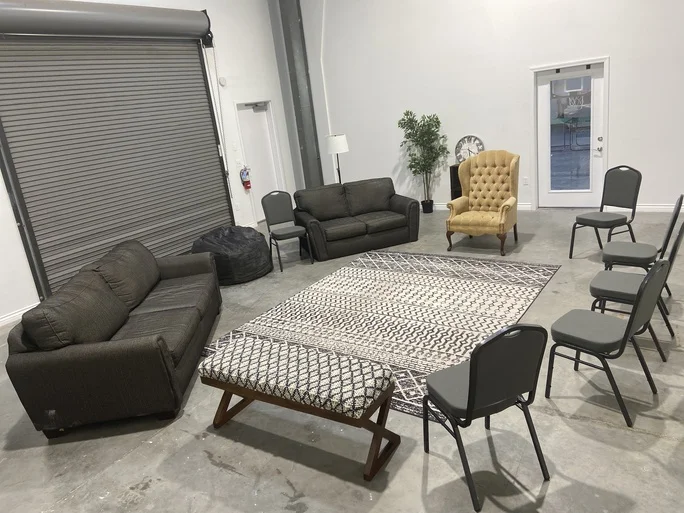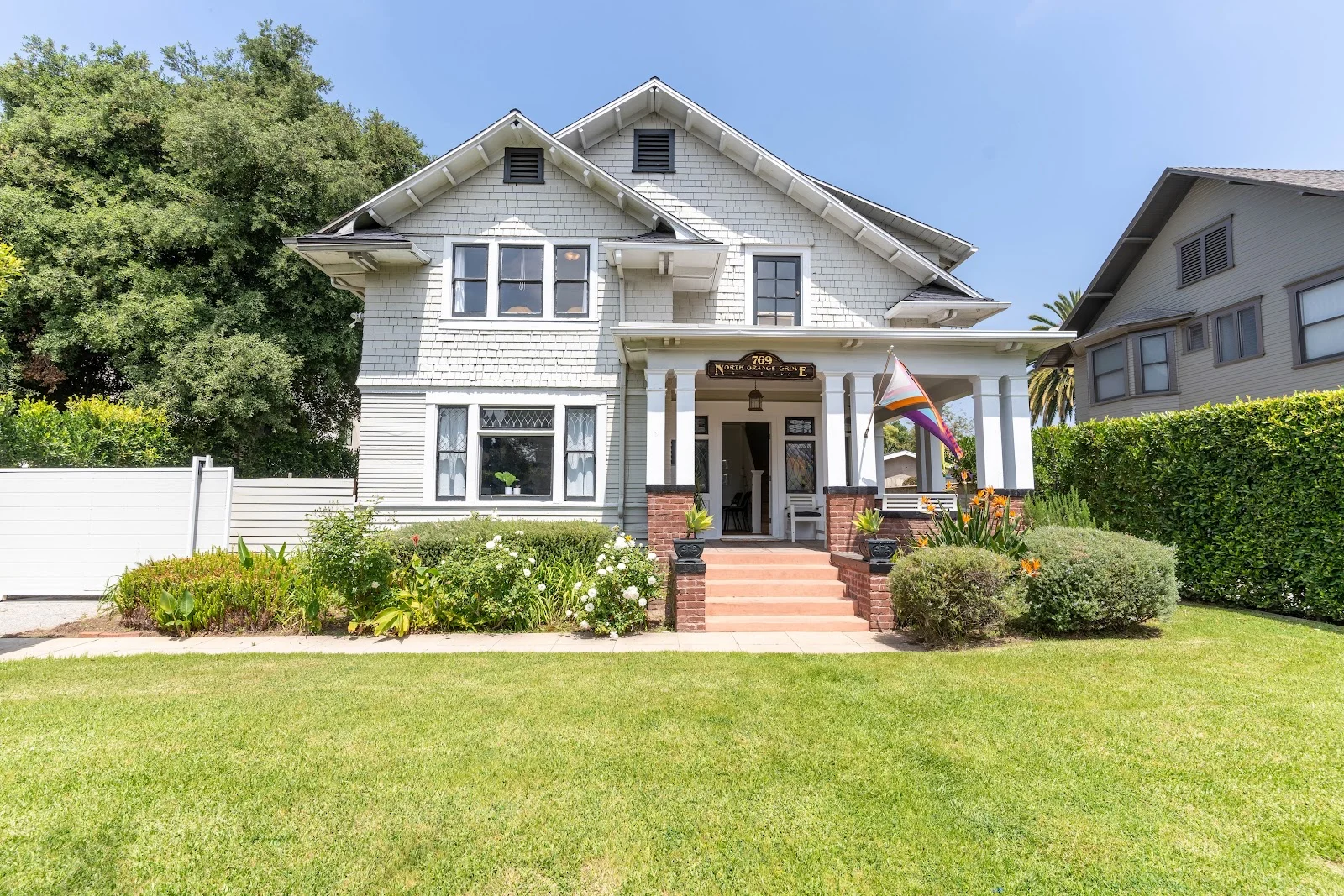Insight Treatment Program for Teens and Families - Van Nuys Information
Treatment
Who We Treat
- Teens / Adolescents
- Adolescents
Treatment Focus
- Co-Occurring Disorders
- Adolescents
Approaches
- Evidence-Based
- Family Therapy
- Group Therapy
- Acceptance and Commitment Therapy (ACT)
- Cognitive Behavioral Therapy (CBT)
- 1-on-1 Counseling
- Art Therapy
- Meditation & Mindfulness
Conditions We Treat
- Depression
- Anxiety
- Bipolar Disorder
- Trauma
- Suicidal Thoughts
- ADHD/ADD
- Suicidality
- Bipolar
- Co-Occurring Disorders
Substances We Treat
- Benzodiazepines
- Prescription Drugs
- Heroin
- Cocaine
- Methamphetamine
- Synthetic Stimulants (Bath Salts)
- Marijuana/Cannabis
- Synthetic Drugs
Languages
- English
Aftercare
- Intensive Outpatient Program
- Outpatient Treatment
- Support Meetings
Level of Care
- Outpatient
- Intensive Outpatient Program (IOP)
Experience
On-Site Amenities
- Business Center
- Computers
- Recreation Room
- Internet
Personal Amenities
- Air-Conditioned Rooms
Off-Site Amenities
- Walking Trails
- Access to Nature
On-Site Activities
- Games
Off-Site Activities
- Adventure Outings
- Water Activities
Special Considerations
- Flexible technology policies
Accreditations
-
Commission on Accreditation of Rehabilitation Facilities (CARF)
CARF accreditation is a prestigious recognition for rehabilitation and human service organizations. It signifies that an organization meets high-quality standards and is committed to providing top-level care. CARF conducts rigorous evaluations to ensure compliance, enhancing an organization's credibility and reassuring clients and funders of exceptional service quality. This accreditation promotes excellence and continual improvement in the rehabilitation and human services field.

Additional Locations
Insight Treatment Program for Teens and Families - Van Nuys Accepts The Following Insurance Plans
Find the best treatment options. Call our free and confidential helpline today!



























